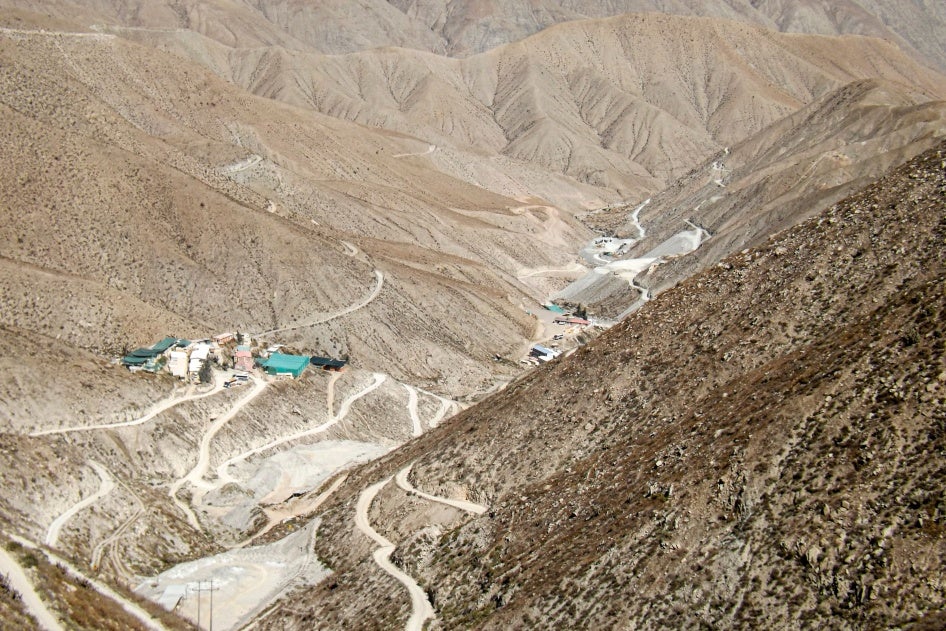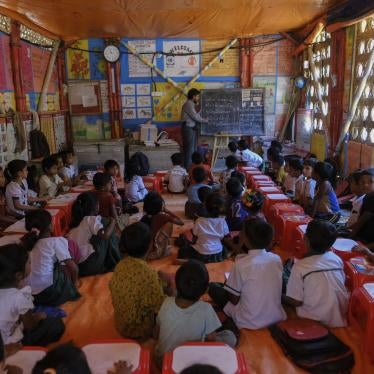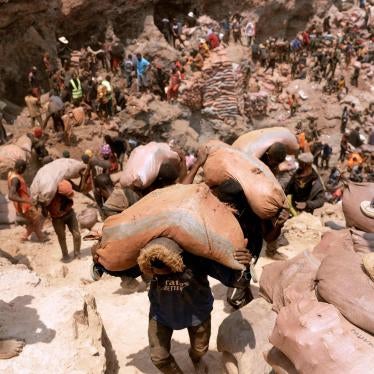Last May, a large fire engulfed the La Esperanza gold mine in southern Peru, trapping workers underground. The blaze, the cause of which has yet to be definitively proven, tragically killed 27 workers. The mine had received certification from the Responsible Jewellery Council (RJC), an industry body which requires companies to demonstrate safeguards in order to meet its certification standards.
A recent study by a Swiss civil society coalition shows the deaths were not only tragic, but potentially avoidable. Its research uncovered a previously unpublished investigation by the Peruvian authorities that revealed the mine lacked basic safety rules and procedures for fire prevention. This is despite workers having complained about poor safety standards prior to the disaster.
Given the existence of this report, is all the more bewildering that the mine was certified as “responsible” by the RJC. To meet its certification standard, companies must abide by its Code of Practices, which requires them to have robust safety precautions, including fire safety equipment and alarms, and to provide training on fire safety and emergency procedures. Asked about its response to the fire, the RJC told Human Rights Watch that La Esperanza mine was suspended in January 2024, pending an internal investigation.
Previous research by Human Rights Watch found that the Code of Practices does not require robust on-the-ground human rights assessments from companies, and that the certification process is opaque. For example, audit reports used to assess whether a company meets the Code’s requirements are not published, nor are the details of any violations. The RJC only publishes a summary.
Certification schemes have proliferated in recent decades across sectors and many have serious flaws. Audits are often superficial and not designed to detect problems, and are often conducted remotely. In the case of La Esperanza mine, the last audit before the blaze was a desktop review, conducted in March 2023, two months before the fire.
It doesn’t have to be this way. Governments, including Switzerland, where the gold was imported, should pass robust laws that require companies to conduct human rights and environmental due diligence in their supply chains, including on fire safety. Such laws should be monitored and enforced by competent, well-equipped government agencies.
Governments need to act. It is time that we clean up our global supply chains and put an end to preventable disasters like La Esperenza.










